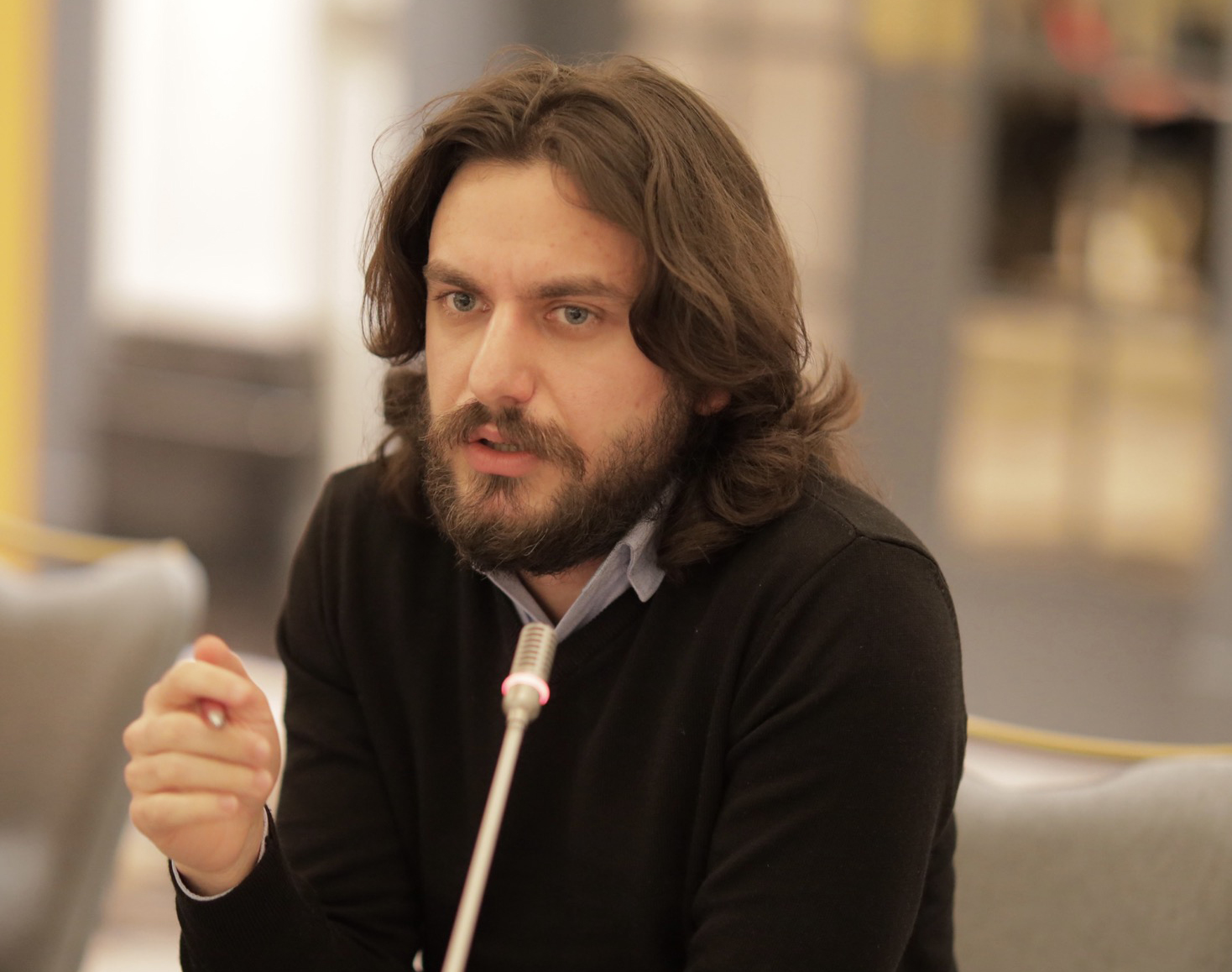
One of the greatest arguments used by critics of the "Georgian Dream" to argue that the government lacks legitimacy is the rigging of the 2020 elections. Naturally, the legitimacy of the party declared the winner is called into question by the holding of elections with a number of fundamental violations; however, in order to support such claims, active effort must be undertaken both inside and outside the country. Despite the fact that there was significant unrest during the 2020 parliamentary elections and Georgian democracy suffered a defeat, the opposition was unable to successfully declare the government to be unconstitutional, and the topic of snap elections was dropped from the discussion.
Unfortunately, the political opponents of the "Georgian Dream" failed to take note of one crucial feature throughout this time, which casts doubt on the authority of the administration even in the absence of rigged elections. The case concerns the government of Irakli Gharibashvili, for which the mandate of managing the country was not given to the citizens. In particular, Giorgi Gakharia served as the head of the party and the public face of the "Georgian Dream" in 2020. However, he resigned a short time after winning the elections, and Irakli Gharibashvili took over following some hazy procedures. Irakli Gharibashvili does not even have legitimacy at the level of his own party, because instead of being elected as the Prime Minister as a result of intra-party democratic processes, he was chosen surreptitiously for the most important position in the country. The last election in which Irakli Gharibashvili participated was the 2012 parliamentary election, when he was represented as number 10 on the election list.
Hence, Gharibashvili's government is illegitimate since it is led by someone for whom Georgians haven't actually voted in ten years. Democracy's primary goal is the election of representatives to public office by secret voting process of all eligible voters. The selection of Gharibashvili as prime minister for a second term was made outside of the public eye by a small, select group of persons, in clear violation of democracy's core representational concept. In parliamentary democracies, where the prime minister has the greatest executive power, the appointment of such a person as prime minister is particularly problematic.
In parliamentary democracies, changing the head of government is a common practice, and as long as democratic procedures are followed, the legitimacy of the government is not called into question. Great Britain, where the prime minister has been changed five times in the previous eight years, is a notable illustration of this. The primary factors that set the Georgian Dream's awarding of Gharibashvili apart from the previously stated case are its excessive closeness and undemocratic nature. In Great Britain: (a) Prime Ministers were replaced by leaders who had been MPs elected by voters; and (b) the replacement was made in line with carefully adhered internal party democratic processes.
Concerning the "Georgian Dream," discussing intra-party democracy is unnecessary. Bidzina Ivanishvili, who, contrary to his claims, professes to be completely uninvolved in politics, personally appointed Gharibashvili to the position of prime minister. After Giorgi Gakharia resigned, Georgian Dream did not announce internal party elections to choose a new prime minister, party members did not submit their own candidacies, there was no pre-election period where the party would allow its members and supporters to participate in the process of choosing the prime minister, and there were no open debates. The news that Irakli Gharibashvili had been chosen as the next head of state arrived out of nowhere among the numerous contenders. The fact that not a single member in "Georgian Dream" would oppose Gharibashvili's nomination or run against him is quite startling because this is not an indication of democracy but rather of authoritarianism.
Currently, neither the Georgian government nor its official head, Irakli Gharibashvili, serve the interests of the electorate or even the regular members and supporters of their own party. Neither the voting public of the country nor regular party members chose Gharibashvili or his administration. The most important and basic principle of democracy, which implies representativeness, was more severely violated only in the 1992 coup d'etat in an independent Georgia
A state that has been run for years by people who were not chosen by anybody may not be referred to as democratic. It is unfortunate that so few people are aware of the reality that "Georgian Dream" lacks the legitimacy necessary to govern the country.